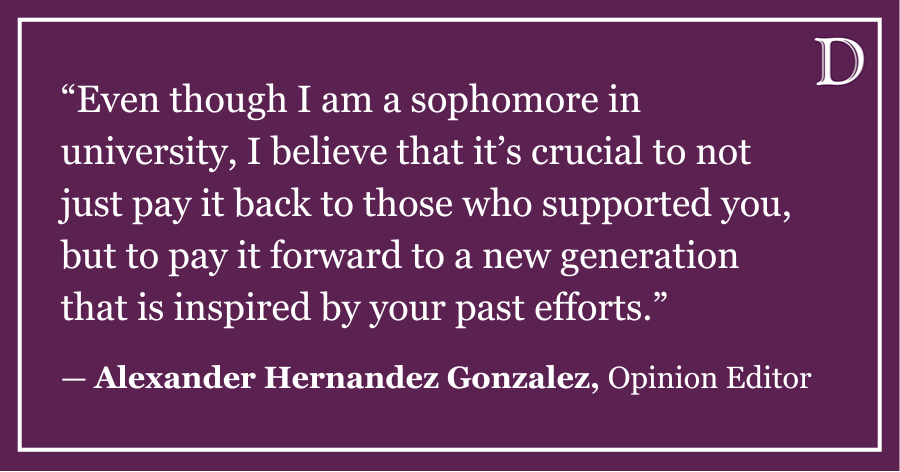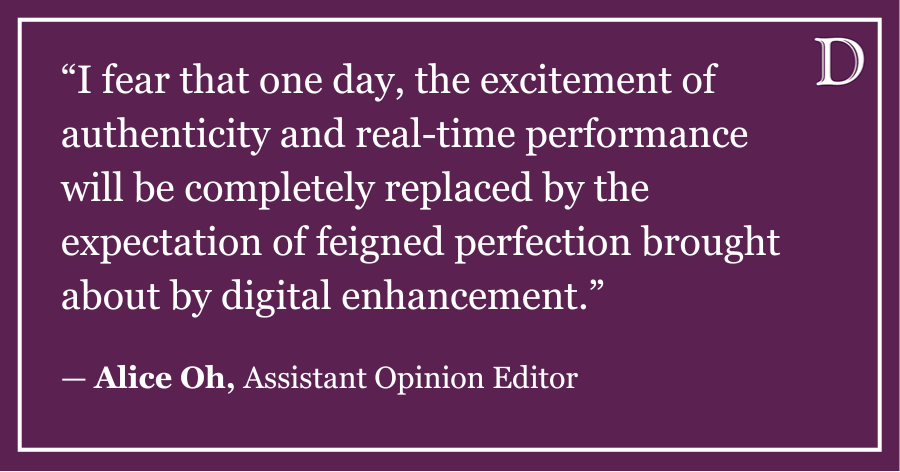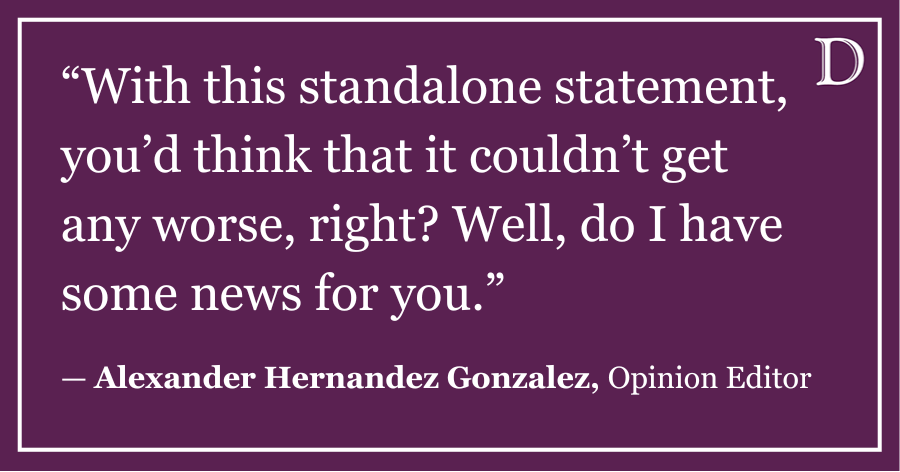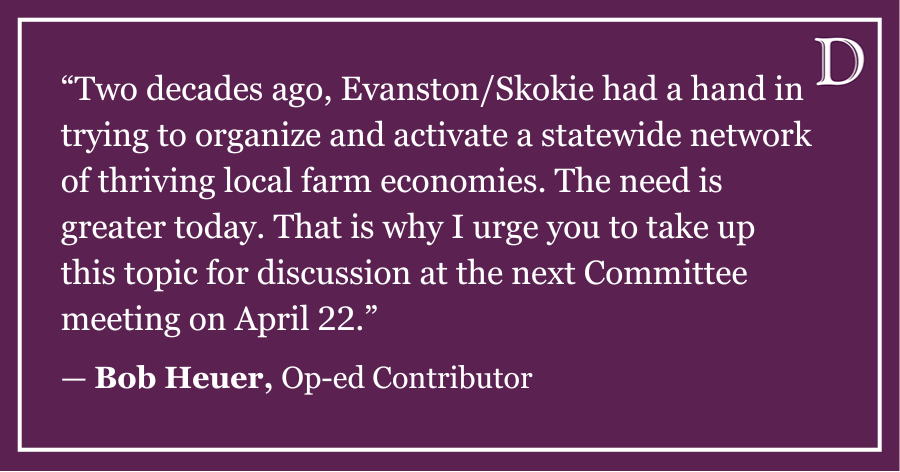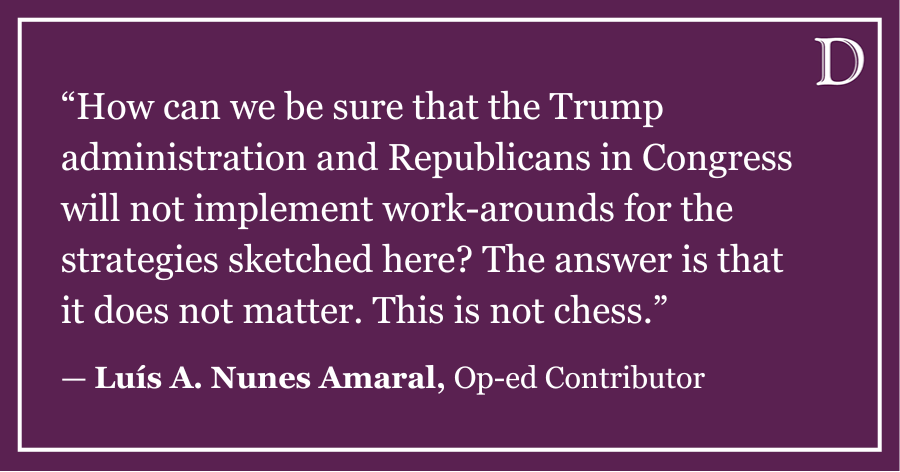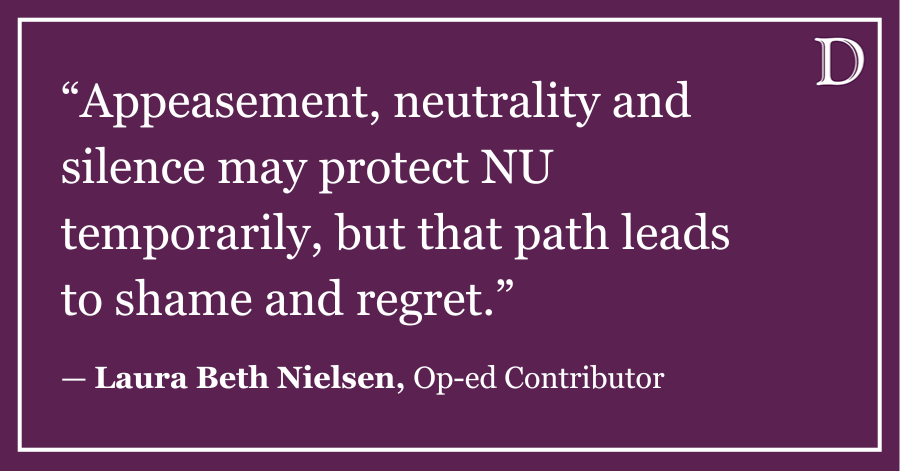What do you do when something doesn’t work out?
Most people have a Plan B — or, if you’re like me, a Plan C and D, just in case. It’s a good idea to have a backup, just in case something goes wrong. (Murphy made his law for a reason.)
This is exactly why I support the new system of voting for ASG elections: instantaneous run-off voting, more commonly known as preferential voting. For those of you who don’t read ASG Senate minutes for fun like I do (What? You didn’t know there were jokes in there?), basically it’s a system where you can rank the candidates when voting instead of going all or nothing and voting for one over all the rest. It’s a chance for you to not only endorse more than one candidate, but for you to rank what candidates you think are more qualified — all in one ballot.
Let’s face it. There is a chance the candidates I’m voting for won’t win. And if they don’t, I have a second choice pair in mind. In past years, I’d have to suck it up, cast my vote, and hope for the best. But now, for the first time, I will be able to vote for them both on my ballot, without the fear of a run-off election clouding my mind. It’s not called instantaneous run-off voting for nothing, people.
The fact that I can vote for more than one set of candidates increases the likelihood that I will research more than one candidate; I mean, I have to at least pretend to read some of their platforms. Granted, I can still vote “no confidence” (over some candidates if I so choose), but it still makes me think that maybe I should put in the minimal effort to click on several of their websites and evaluate who to vote for based on pictures. (I’m joking. But really, people have won elections solely based on appearance — need I even mention the U.S. presidential election of 1960?)
This system, used by several Northwestern organizations including Willard Residential College and the Residential College Board, makes every vote count. With the old system, if I have one vote, and the person that I vote for doesn’t win, my vote has basically been wasted. With the new plan, however, if I have a specific policy that I really want changed and two candidates are pinpointing it in their campaign, I want to be sure that at least one of them gets elected. With the option for me to vote for multiple candidates, I can get my point across just by turning in my ballot. ASG is tailoring the voting process to reflect what students want.
For those who scoff that they are going to give Candidate A a lower score because they think A is the primary opposition to their favorite, Candidate B, even if both are very qualified, I would suggest that you think about the basis on which every candidate is running. They want to improve student life at NU. If you are voting, you go here; these policies will affect you. So I would suggest casting a vote based on what, not whom, you want for NU — and this is exactly what preferential voting allows you to do. I think the majority of students who vote will take advantage of this new system and that candidates will be relieved not to have to worry about the possibility of a run-off election.
Robert’s Rules of Order actually recommends preferential voting for governmental elections. This recognized set of rules was designed for fairness and effectiveness. If that isn’t a good enough reason to support preferential voting, or at least to try it out, I don’t know what is.
Does any candidate have a clear advantage? At this point, it’s hard to say. All we can do is have our Plans A, B, and C ready to go for Friday. And remember, for those times when things don’t work out, it’s always nice to have a back-up plan.


